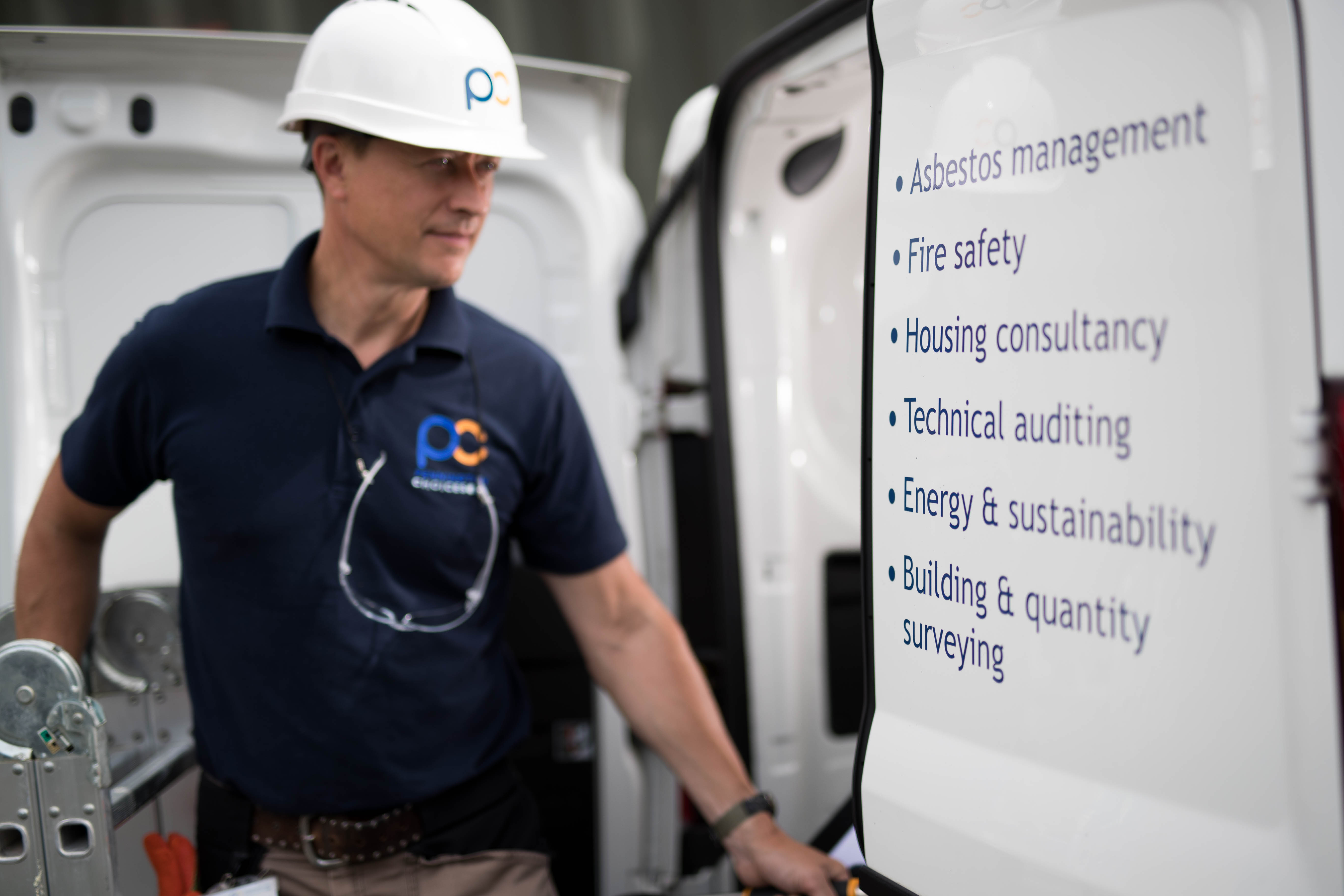Stay connected
With increased scrutiny on governance from the HCA who, reflected by the number of downgrades in the sector over the last year, are willing to take action, statutory property compliance is now a top priority for social housing providers. As a result Boards must have an understanding of what to look for and what to probe in respect of the “big five” areas of gas, fire, electrical, asbestos and water hygiene.
During our most recent compliance Masterclass effective Board governance and assurance was raised as one of the biggest challenges facing registered providers. In order to both attain and retain assurance Boards must take an active and sustained interest in the actions the organisation is taking to ensure they are compliant and fulfil their role by challenging reporting, driving improvement and evidencing performance
How do Boards know what they need to know?
Training – ensuring all Board members are sufficiently trained on their legal and regulatory obligations as well as the relevant codes of practice in each respective area of compliance. Training requirements should be tracked over time and refresher courses utilised to fill in gaps in knowledge which arise from changes in policy and legislation.
Receiving enough information – often the information presented to Boards on compliance is severely trimmed and reported in KPIs alongside numerous other objectives. Quite commonly, Gas is the only compliance area reported. As a result Boards are in the dark. They must learn to challenge this; Boards adhering to best practice will probe for precise information on compliance in each area and be complicit in indentifying areas for improvement.
Receiving the right information – Boards must have an effective system in place providing them with certainty that the information being reported to them is correct and is “one version of the truth.” This must be backed up with a process of testing and challenging to ensure there are no gaps. Identifying such problems at an early stage can prevent them escalating further down the line.
Promoting the right culture- the right information is only going to reach the right people if there is a culture in the workplace which supports such a process. Promoting a positive open relationship between staff where people do not have to be guarded about what they report and to whom allows for more robust service delivery and performance monitoring.
Data reconciliation – it is pivotal that compliance programmes are reconciled with the master asset list. This must be followed with a continuous cycle of checking and validating data. A common pitfall is a lack of robust validation leaving Boards unable to evidence their compliance and have confidence in the information they hold. There should be a robust process for data reconciliation, including acquisition and disposals, and this should be undertaken on a continuous weekly or monthly basis (not once per year which is often the case).
Performance validation - Boards need to evidence their grip on assurance through testing their understanding, operational framework and reporting. An internal audit every two years (for each area of compliance), combined with an annual external review, both of which include active participation of Board members, is in-keeping with best practice.
For more information about how our compliance services can help you, including Board training and Board observations/review, please contact Jenny Neville, Director of Consultancy, at jenny.neville@pennington.org.uk
.webp?width=600&height=150&name=Pennington%20Choices%20Logo%20(reduced).webp)




